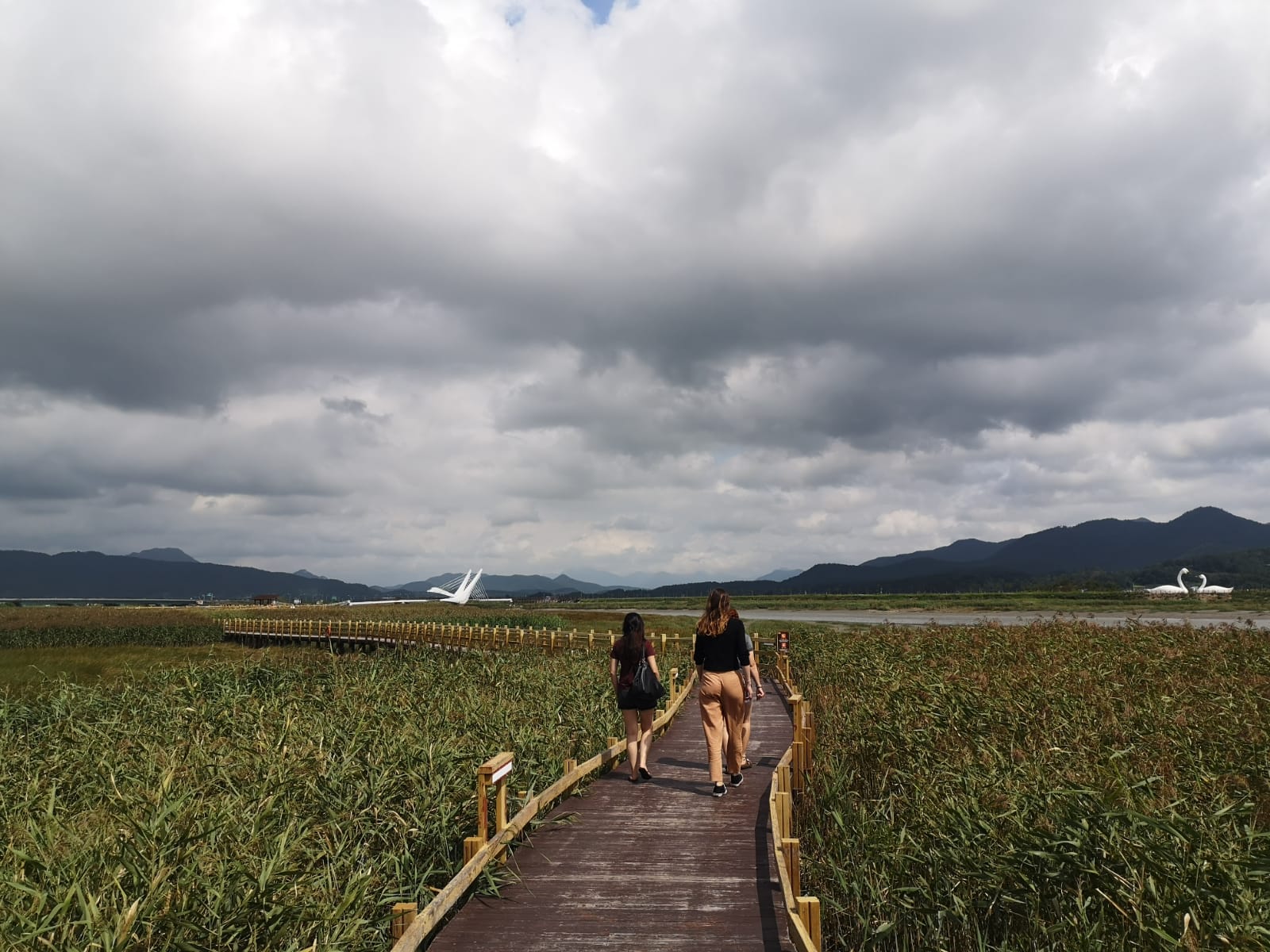Country Life vs. City Life
Tips for Expat Teachers
Written and photographed by Maria Moschini.
Since I grew up in Johannesburg, living in a big city was something that I thought I would always do, but when I was offered a place in the Jeollanamdo Language Program (JLP) and placed in Gangjin, I was given the privilege of experiencing small-town country life about 75 minutes south of Gwangju by bus. I have loved living in my little town, but there are some differences when it comes to teaching in the country versus the city, and I would like to share some tips for both.
The first thing to determine is what sort of person you are and which lifestyle it is that you are after. Did you come to Korea to meet new people? Do you want to embrace traditional Korean culture or explore modern-day Korean culture? Are you okay with a lot of lights and noise? Would you like a more sociable party scene or spending more time outside exploring the environment?
By living in the countryside, there is a chance that you will get paid more, depending on where you live and how many travel schools you have. You will also have a lower cost of living, as well as cleaner air and, in most cases, a bigger apartment. Small-town life also means you have a smaller community of foreigners, and making an effort to meet up with them regularly helps on the days when you are feeling homesick. Living in a city, however, you probably will not save as much money, though you will have better access to nightlife, more food options, and the opportunity to meet new people every weekend.
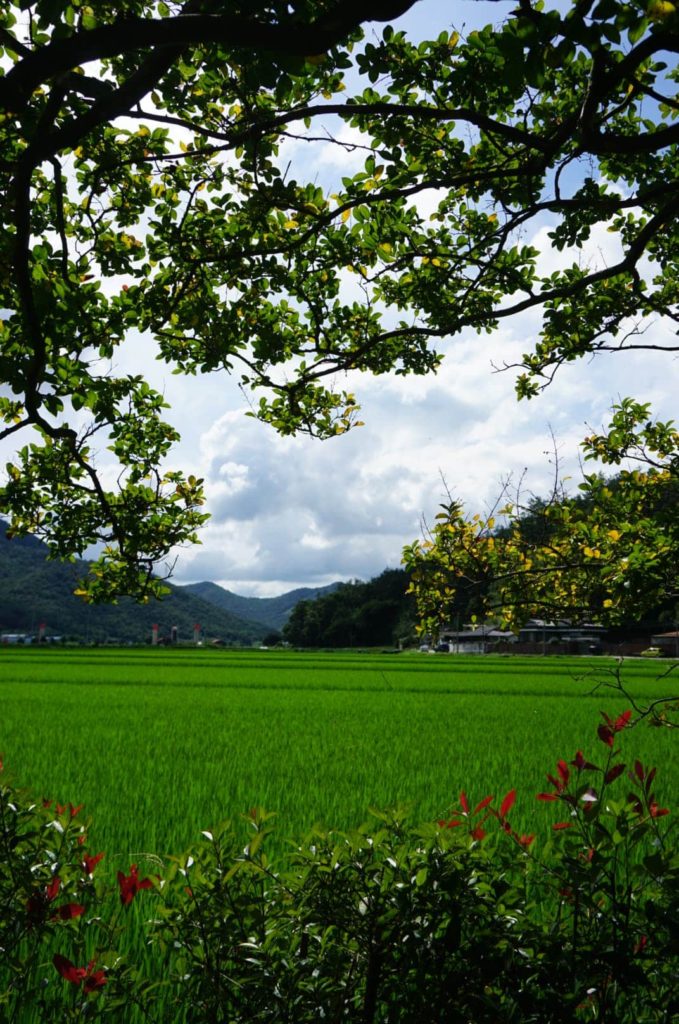
When living in the country, you should try to learn some Korean because there is usually little to no English spoken in smaller towns. I find it way easier to get by if you have a few words and phrases up your sleeve and, obviously, the more you learn, the easier it will be. The English level tends to be higher in the cities, so you could probably get away with less Korean, but I have found the locals appreciate us trying, regardless of where we are placed.
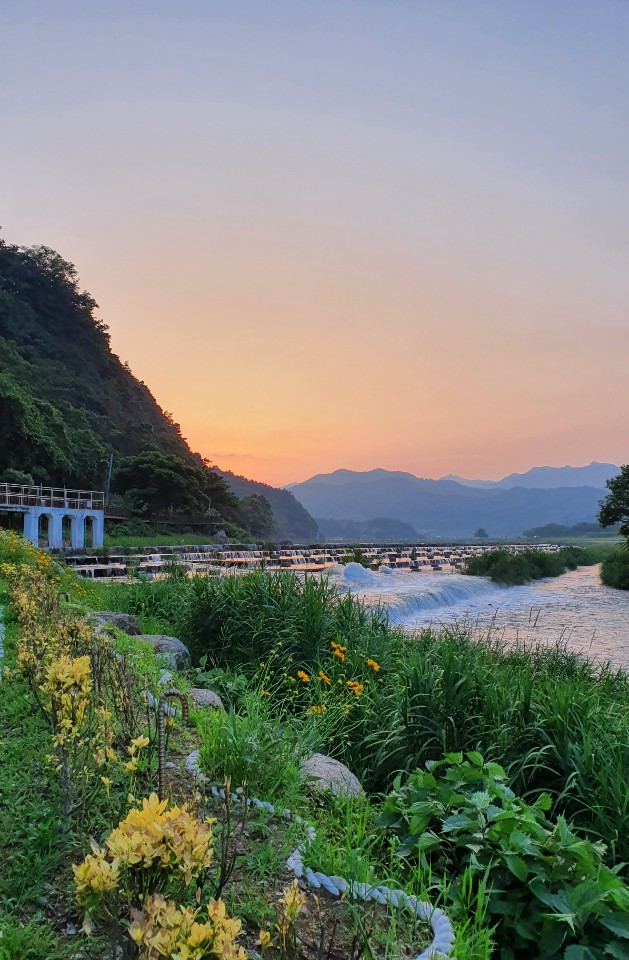
Also, if you choose to live in the country, having a car or motorbike will probably make your life a lot easier. Personally, I do not have either of the above, but I am lucky that a lot of my friends do. Thanks to them, I have gotten to see a lot more of Korea than I would have if I relied on the bus system. Although it does run very well, having to rely on public transport can sometimes be tough. Having a car does mean spending money on maintenance, insurance, and gas, but it is a lot cheaper to buy a car and drive here than it is in most Western countries. On the other side of the coin, being in a city would mean that none of the above is really necessary because there are loads of options for getting around – buses, subway systems, and the KTX and SRT trains. They are easy enough to navigate, and there are loads of websites and apps to help you figure out your route.
Living in Gangjin definitely makes international travel harder, as when planning a trip, I have to factor in a lot of extra time to get to and from the airport, whereas if I lived in a bigger city, traveling would be a lot easier. But, an upside of living in the countryside is that it is calm and beautiful and, getting to the cities, albeit quite a trek, is possible. I love sitting on a bus and staring out the window at the endless mountains and beautiful scenery that the countryside has to offer.
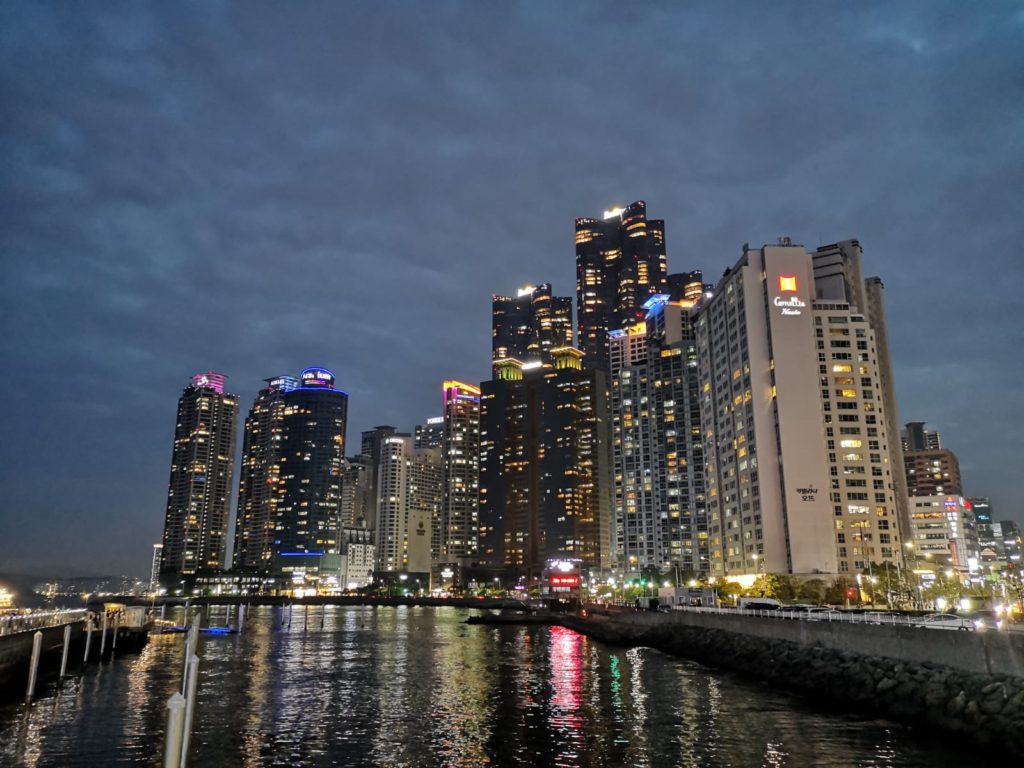
Country living means you will get to experience authentic Korean culture, which is something I do not think I would have been as exposed to had I been placed in a city. You will probably exhaust your small town’s activities quite quickly, but that just means more reasons to travel and see as much of Korea as you can. Living in a city, however, means that you have access to something new going on every weekend and you get to experience modern-day Korean culture, but it also means that you will probably get caught up in what your city has to offer and are less likely to explore other places.
Apps are essential here, regardless of where you live. Two of the most useful ones are Kakao and Naver Maps, particularly for finding subway and bus times, numbers, and routes. I also use Kakao Metro’s subway maps for Seoul, Busan, Daegu, Gwangju, and Daejeon, which are really useful when you need to change lines and figure out your route. Kakao Taxi is another useful one, but taxis are quite easy to find or wave down without having to use the app. Also, Naver’s translation app, Papago, is super useful and has offline translation, a voice and visual translator, and a phrasebook for those times when communication is an issue.

Living in a small town also means that you might not have easy access to a Lotte Mart, E-Mart, or Homeplus, so setting up a Gmarket and/or Coupang account and downloading the apps is also useful, as they are quick, easy, and so convenient. Downloading your bank’s app is also essential. I use the English version of the NH Bank app, which is really easy to navigate and use. Those are the apps I make use of the most, but there are plenty more useful ones.
In most rural public schools, the class sizes are smaller and there is less teaching pressure, which is great, but that also means that in most cases, the English level is lower, whereas teaching in a city means the opposite. For a first-time teacher, the rural-school life is probably less daunting than teaching in a city. I personally find it quite rewarding because the schools are usually smaller, allowing you to see your students more often and therefore probably be able to see more improvement. City life means access to a whole lot of things that I have not had a chance to mention, but at the end of the day, Korea is a relatively small country, and it really is easy enough to get around and experience the best of both worlds.
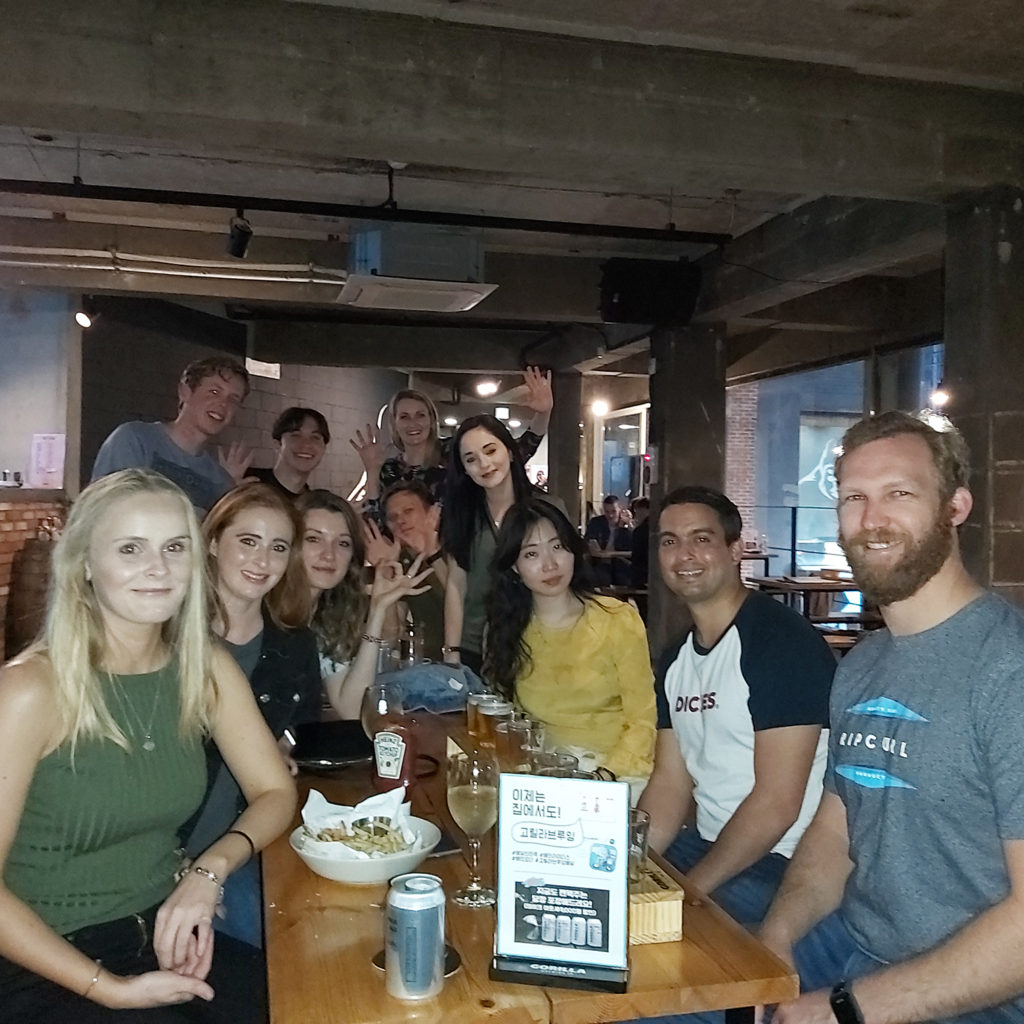
The Author
Maria Moschini is a high school English teacher living in Gangjin. Originally from Johannesburg, South Africa, Maria moved to South Korea in April 2019. She has a degree in English literature and a postgraduate in teaching. Maria loves the opportunity that South Korea gives her to pursue her passions for teaching and traveling. Instagram @mariamoschini



